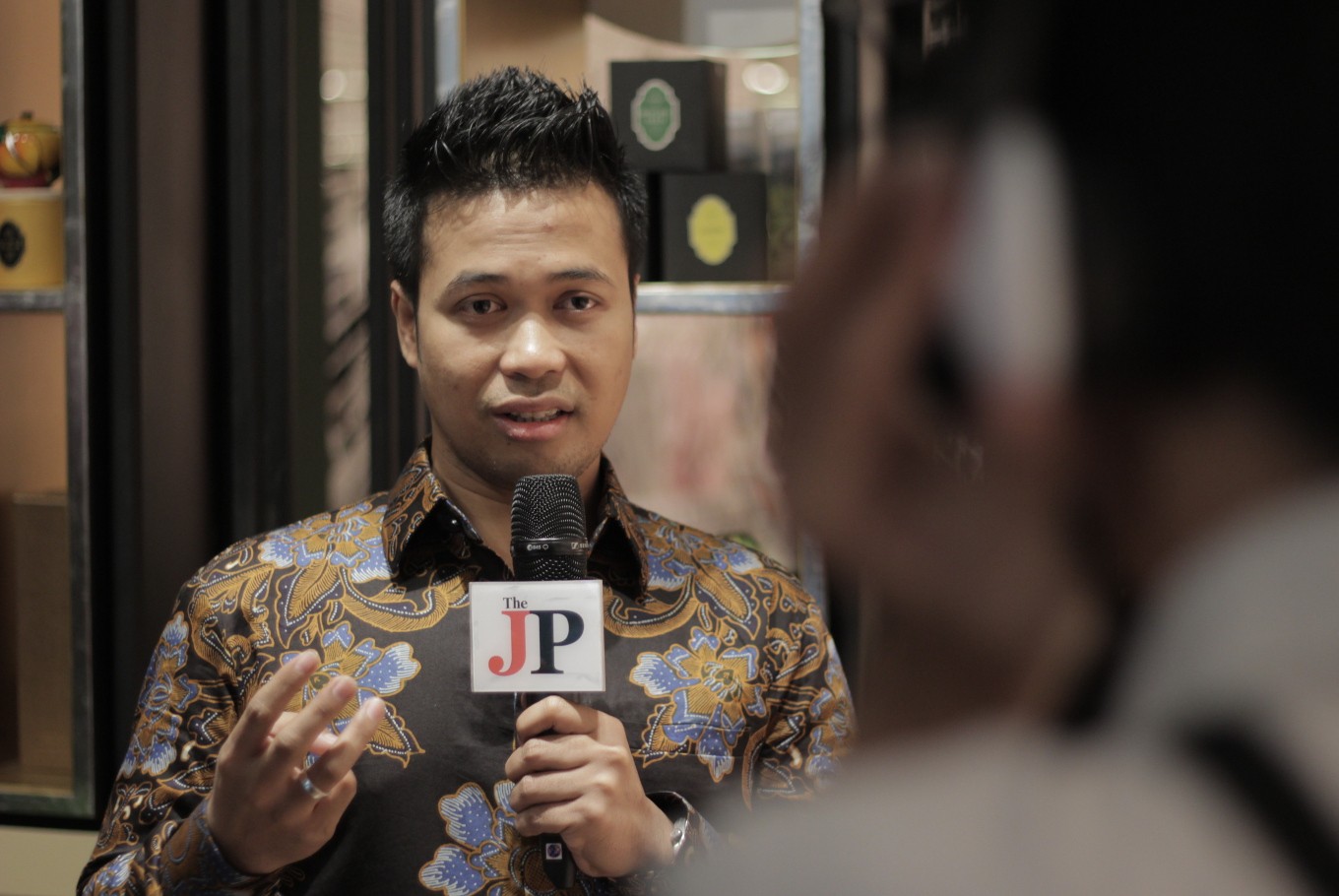Popular Reads
Top Results
Can't find what you're looking for?
View all search resultsPopular Reads
Top Results
Can't find what you're looking for?
View all search resultsSmart spending during Ramadhan
Change text size
Gift Premium Articles
to Anyone
T
he Jakarta Post recently talked to Aakar Abyasa Fidzuno, CEO and cofounder of independent financial consulting firm Janus Financial, in Jakarta, in which he shared his tips on how to spend your money wisely during Ramadhan.
Make annual preparations
Since Ramadhan is an annual event, it is supposedly easier to prepare for as we have a whole year to do it. The problem is, Indonesia has more than two big celebrations in a year, such as New Year, Chinese New Year, Ramadhan and Christmas. Aakar gave the example, “If we already know that Idul Fitri happens in July, maybe we can cut our budget for New Year’s Eve.”
The 'bukber' rule
Indonesians have this tradition called buka bersama, or “bukber” for short, which means breaking the fast together with family and friends during Ramadhan. “Your budget should be adjusted to your situation,” said Aakar. “It should be lower or, at least, similar with when you are not fasting.” Aakar added that if breaking the fast was scheduled for this week, set the week after as a time to save some money.
(Read also: How to spend your THR in a smart, effective way)
Be creative with your clothes
To anticipate the impulse of purchasing new clothes, Aakar said opt for functional clothes, which meant buying clothes that could be worn to work or batik instead of baju koko (long-sleeve collarless shirt). Also, there are many local brands that could be a more affordable choice.
If you are tempted to buy a dress that is a little bit out of your budget, try to purchase a more affordable one instead. “And you can mix and match with clothes that you had bought three or five years ago,” said Aakar.
Social cost of 'mudik'
Various modes of transportation are available for the annual mudik (exodus) during Ramadhan. It is best to purchase transportation early in order to get a more affordable price. However, what often becomes the problem is the social costs, which includes the cost of gifts for your family that you are visiting in your hometown. “Do not force yourself in gift-giving,” said Aakar. “Especially if you are really on a tight budget.”
The importance of emergency costs
An emergency cost is not a cost that is used when you are sick or involved in an accident. It should be dedicated for when your smartphone suddenly breaks down or if you miss an important flight. “If you’re sick, you can use insurance,” he said. “An emergency cost is like a cost for situations that we do not prepare for but could [break the bank].” You can save for such an emergency expenditure by putting away money six to 12 times a year, based on your spending habits. (kes)











